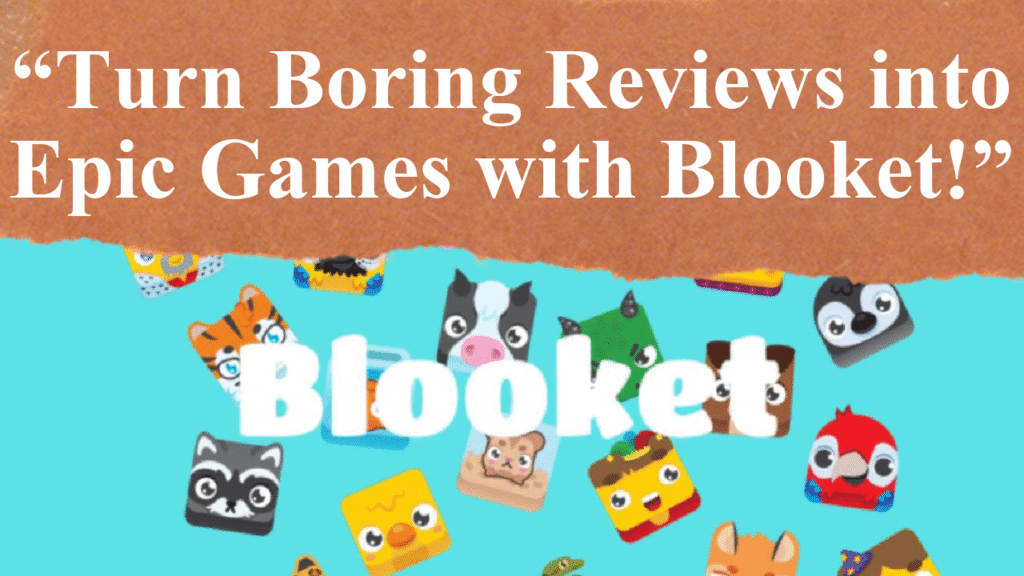This article explores Blooket hacks, detailing common methods like GitHub scripts and browser extensions, their risks, and ethical alternatives. It covers how hacks manipulate gameplay for advantages like unlimited tokens, auto-answers, and rare Blooks, while highlighting potential bans, malware, and learning detriments. Legitimate strategies for enhancing Blooket performance are provided for students and educators seeking fair play.
Unveiling Blooket Hacks: Methods, Consequences, and Better Paths
Blooket, a gamified learning platform, transforms classroom quizzes into engaging competitions with modes like Gold Quest, Tower Defense, and Crypto Hack. Students answer questions to earn points, tokens, and avatars called Blooks, fostering both education and fun. However, the platform’s competitive nature has sparked interest in “Blooket hacks”—unauthorized methods to gain unfair advantages. This article delves into how these hacks work, their risks, and why legitimate strategies are a better choice, incorporating real-time insights from recent discussions and sources.
Common Blooket Hacking Methods
Blooket hacks typically involve manipulating the game’s code or mechanics through external tools or scripts. One prevalent method uses JavaScript codes sourced from platforms like GitHub. For instance, repositories by users like glixzzy or shenkeYT offer scripts for various game modes, such as:
Auto-Answer Scripts: These automatically select correct answers, ensuring perfect scores without knowledge. Users access the browser’s developer console (Ctrl + Shift + J on Chrome), paste the script, and execute it during a game session.
Token and XP Generators: Scripts like “Add Daily Tokens” add the maximum 500 tokens and 300 XP daily, bypassing normal earning limits.
Chest ESP and Gold Hacks: In modes like Gold Quest or Crypto Hack, scripts reveal chest contents or inflate in-game currency, giving players an edge.
Bot Flooding: Hacks like the “Bot Box” flood sessions with bots, disrupting gameplay or boosting scores. These require a Blooket room code and can lead to bans if detected.
Another popular tool is the “Blooket Hacker” Chrome extension by Llama Dev, which automates tasks like bypassing waiting screens, hiding sabotages, and remembering answers after one correct attempt. It claims not to collect user data but still violates Blooket’s terms.
How to Implement Hacks
To use GitHub scripts, players typically follow these steps:
Visit a trusted repository (e.g., shenkeYT or NathanBollard on GitHub).
Select a script for the desired game mode, such as “Get Gold” or “All Answers Correct.”
Copy the JavaScript code.
Join a Blooket game via a game ID.
Open the browser’s developer console (F12 or Ctrl + Shift + J).
Paste and execute the code, activating the hack for that session.
For extensions, users install tools like Blooket Hacker from the Chrome Web Store, activate them during gameplay, and enable features via a popup interface. These methods are straightforward but risky.
Risks of Using Blooket Hacks
Using hacks carries significant downsides, as outlined by multiple sources:
Account Bans: Blooket actively monitors for suspicious activity. Scripts or extensions violating terms of service can lead to temporary suspensions or permanent bans, especially if bot flooding or score manipulation is detected.
Security Threats: Scripts from unverified sources may contain malware, spyware, or phishing code, compromising personal data or devices. A 2025 analysis warns of risks from shady repositories.
Ethical and Educational Harm: Hacks undermine Blooket’s learning purpose. Students using auto-answer scripts bypass knowledge acquisition, gaining hollow victories that defeat the platform’s academic mission.
Unfair Play: In multiplayer modes, hacks create uneven competition, frustrating honest players and disrupting classroom dynamics.
A Reddit thread from 2023 highlighted teachers’ concerns about hacks, noting that students using scripts were easily detected through score inconsistencies or browser history checks. Schools have since blocked GitHub access on devices to curb this.
Real-Time Insights on Hacking Trends
Recent discussions on platforms like Reddit and X indicate ongoing interest in Blooket hacks, with students sharing new scripts and workarounds. A 2025 post on X mentioned a user experimenting with a “Blooket Multitool” for easier cheating, though it lacked verification. Meanwhile, educators on Reddit’s r/ScienceTeachers forum reported improved detection methods, like monitoring analytics for unnatural performance spikes. Blooket’s developers have not publicly addressed specific 2025 hack claims, but their silence suggests ongoing efforts to patch vulnerabilities.
Ethical Alternatives for Success
Instead of risking bans or malware, students can excel in Blooket through legitimate strategies:
Regular Practice: Engaging in solo or live modes regularly builds familiarity with question sets, improving speed and accuracy.
Strategic Power-Ups: In modes like Tower Defense, use power-ups wisely to maximize scores without hacks.
Study Integration: Import Quizlet sets into Blooket for tailored practice, reinforcing material before games.
Analytics Use: Teachers can leverage Blooket’s reports to identify weak areas and guide students, while students can review past games to improve.
Platforms like Quizizz offer similar engagement without the hacking temptation, featuring diverse question types and robust analytics. A 2024 comparison praised Quizizz for its balance of competition and learning, making it a viable alternative.
Why Fair Play Matters
Blooket’s design encourages learning through fun, but hacks erode this. A 2025 review on Common Sense Education noted that while Blooket’s competitive modes are addictive, they can distract from learning if not managed. Fair play ensures students gain knowledge while enjoying the game, aligning with Blooket’s mission. Educators can further deter hacking by using school-managed devices, limiting access to developer tools, and emphasizing ungraded reviews.
Disclaimer: This article is for informational purposes only, based on publicly available sources, including web reports, GitHub repositories, and discussions on platforms like Reddit. It does not endorse hacking or violating Blooket’s terms of service. Always prioritize ethical gameplay and verify sources to avoid security risks.
[qwam_quiz_box]




